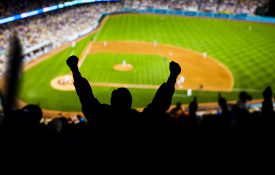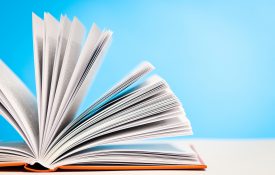-
You Don’t Know as Much as You Think: False Expertise
Scientific American: It is only logical to trust our instincts if we think we know a lot about a subject, right? New research suggests the opposite: self-proclaimed experts are more likely to fall victim to
-
New Research From Psychological Science
Read about the latest research published in Psychological Science: Failure of Intuition When Choosing Whether to Invest in a Single Goal or Split Resources Between Two Goals Alasdair D. F. Clarke and Amelia R. Hunt How
-

Why Sports Wins and Sunshine May Lead You to Gamble
A sunny day or the fact that your favorite sports team unexpectedly won yesterday won’t improve your chances of winning the lottery and yet they might increase the likelihood that you’ll buy a ticket.
-
Scientists say sorry, but speed reading doesn’t work
Business Insider: I’ll be the first to admit it: My life would be a whole lot easier if I could speed read. Instead of spending an hour poring over a dense scientific paper I’m writing
-
Too Much TV And Chill Could Reduce Brain Power Over Time
NPR: When I kick back to watch a show, I tell myself I’m just going to watch one episode. But 45 minutes later, I’m watching another. And then another. For the rest of the day.
-

Speed Reading Promises Are Too Good to Be True, Scientists Find
There is little scientific evidence to suggest that speed reading offers a shortcut to understanding lots of text.

